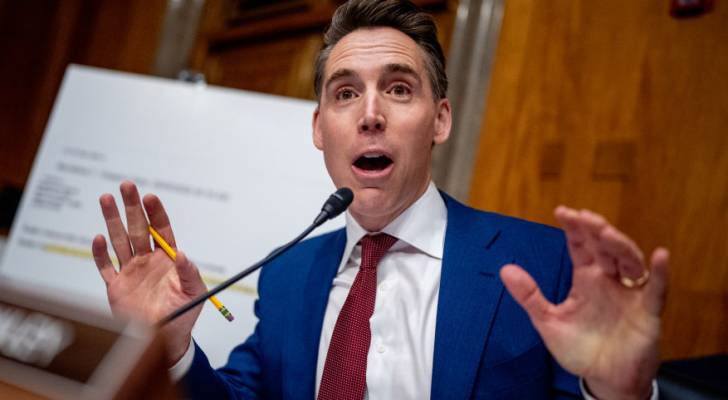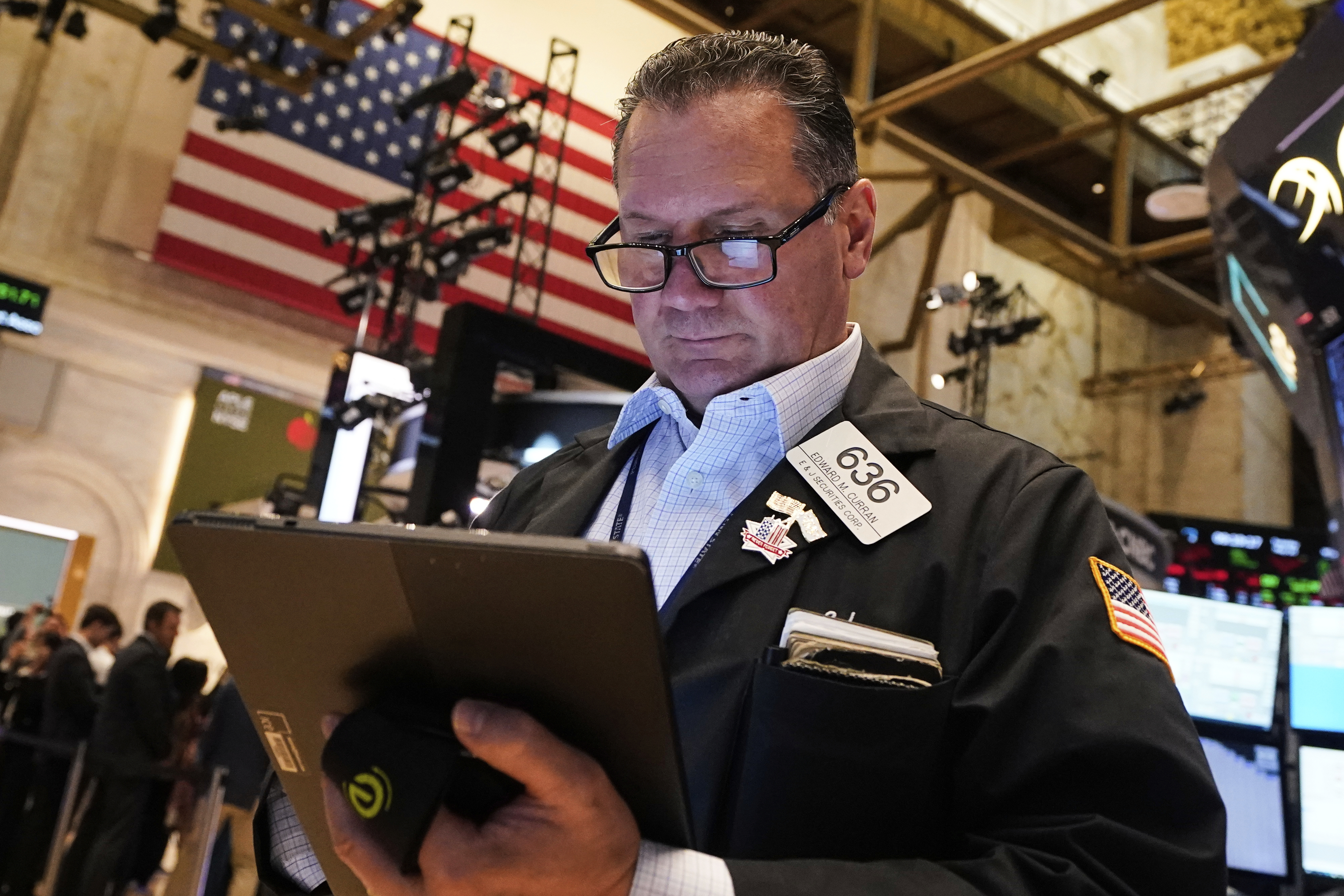US business activity improves in May; inflation poised to accelerate sharply
By Lucia Mutikani
WASHINGTON (Reuters) -U.S. business activity picked up in May amid a truce in the trade war between Washington and China, but President Donald Trump's sweeping tariffs on imported goods raised prices for companies and consumers.
The survey from S&P Global on Thursday hinted at an acceleration in inflation in the coming months and a labor market slowdown, a reminder that stagflation remained a risk for the economy despite steps by the Trump administration to de-escalate trade tensions with Beijing.
Manufacturing delivery delays were the longest in 31 months while exports of services, including spending by foreign visitors in the U.S., dropped at the sharpest pace since the COVID-19 pandemic lockdowns in early 2020.
There has been a sharp drop in tourism and lower airline ticket sales and hotel and motel bookings since Trump launched an immigration crackdown and repeatedly expressed his desire to make Canada the 51st U.S. state and acquire Greenland.
S&P Global's flash U.S. Composite PMI Output Index, which tracks the manufacturing and services sectors, increased to 52.1 this month from 50.6 in April. A reading above 50 indicates expansion in the private sector.
The survey's flash manufacturing PMI increased to 52.3 from 50.2 in the prior month. Economists polled by Reuters had forecast the manufacturing PMI would dip to 50.1. Its flash services PMI rose to 52.3 from 50.8 in April. Economists had forecast the services PMI would be unchanged.
The survey was conducted in the May 12-21 period, after the White House announced a deal to slash duties on imports from China to 30% from 145% for 90 days.
"At least some of the upturn in May can be linked to companies and their customers seeking to front-run further possible tariff-related issues, most notably the potential for future tariff hikes after the 90-day pause lapses in July," said Chris Williamson, chief business economist at S&P Global Market Intelligence.
Williamson noted that input inventories had surged to an 18-year high because of worries about tariff-related supply shortages and price increases.
The improvement in the PMI aligns with economists' expectations for a rebound in economic activity this quarter after gross domestic product contracted at a 0.3% annualized rate in the first quarter. Though risks of a recession have diminished, the economy remains in danger of experiencing a period of tepid growth and high inflation, which could complicate matters for the Federal Reserve.
Economists expect GDP growth to slow to below 1% this year, with Personal Consumption Expenditures (PCE) inflation, excluding the volatile food and energy components, forecast to rise about 3.5%. The economy grew 2.8% in 2024, while the so-called core PCE inflation increased 2.8%.
Latest News
- Trump's 'Big Beautiful Bill' Advances: Here's Who Wins And Loses
- Josh Hawley blasts Allstate CEO for making $26M last year — while company can’t ‘afford’ to pay out claims
- Nvidia stock poised to swing more than 7% as crucial earnings report will test the market rally
- Stock market today: Dow, S&P 500, Nasdaq turn higher as yields ease after House OKs Trump tax bill
- Monthly Sector Review
- Morgan Stanley reveals mid-year recession, interest rate cut forecast













